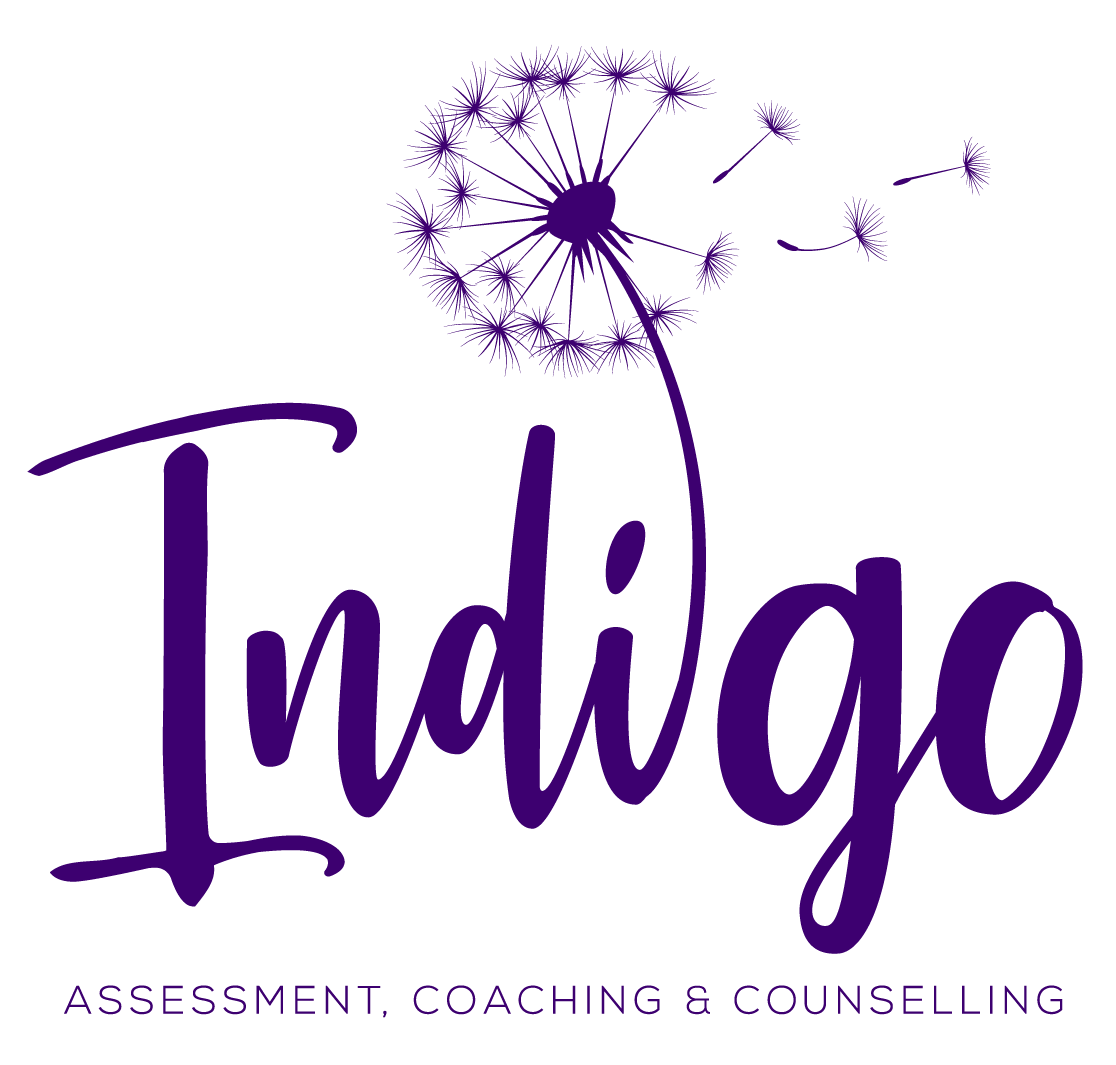Fees
Standard cognitive and educational assessment
$1800 including GST and report.
A standard cognitive and educational assessment is usually sufficient to identify specific learning difficulties (dyslexia, dyscalculia and/or dysgraphia), giftedness, or twice/multi-exceptional learners. (See possible diagnoses)
Additional charges apply for more complex assessments, including possible issues with anxiety, self-esteem, sensory issues, or screening for behavioural difficulties such as ADHD or ASD.
Please note: ADHD and ASD are both medical conditions, a final diagnosis must be made by a medical practitioner such as a developmental paediatrician or child psychiatrist. Our psychologists can, however, identify traits and clarify specific areas of impact. (See possible diagnoses)
Additional fees apply for additional copies of reports, specialist letters, emails and/or booked telephone calls.
A cancellation fee may apply if made within 5 days of the appointment.
Report discussion
$180 including GST
A follow-up meeting to discuss the assessment report, recommendations and how they may be implemented is highly recommended. This meeting can be held face-to-face, by telephone or online.
School meetings
$180 including GST
Additional travel fees apply.
Frequently asked questions
What is a good age to have an assessment?
We have a range of assessment tool at our disposal, for use with pre-schoolers through to adults. Research shows many benefits of early identification and intervention. However, parents/caregivers of children aged under 7 to 8-years-old should note that it’s difficult to make a definitive diagnosis of dyslexia and other specific learning disabilities for this age group. Assessments for younger children can however identify where difficulties are likely and suggestions can be made to support future learning.
How long does the assessment take?
What should parents do before and during an assessment?
We will collect data from you, about your child, before the assessment. On the day of the assessment, parents are typically involved during the meet-and-greet phase but usually don’t stay during the actual assessment. Please talk with your appointed professional before the assessment if you feel that, because of special circumstances, you should attend the assessment sessions.
How do I tell my child about the assessment?
If my child usually takes medication, should he/she take it before an assessment?
Yes! Please stick with what you would normally do. We need to see what your child can do given the opportunity. Most parents can tell us what it is like when their child hasn’t taken their medication.

